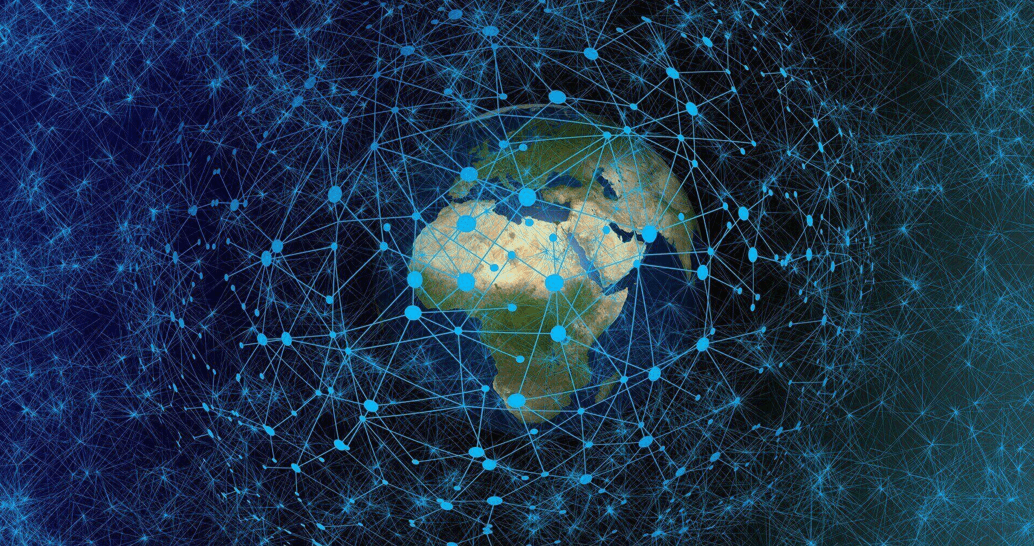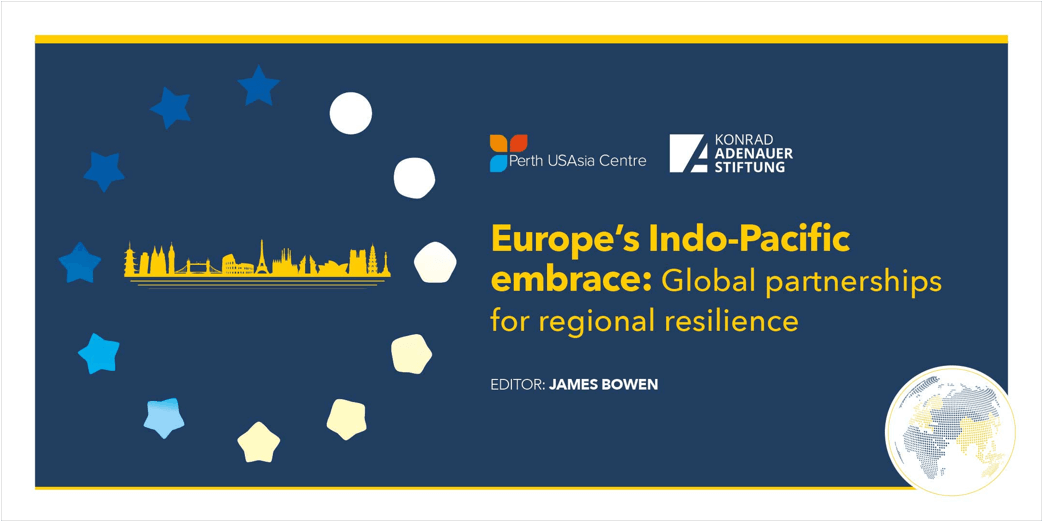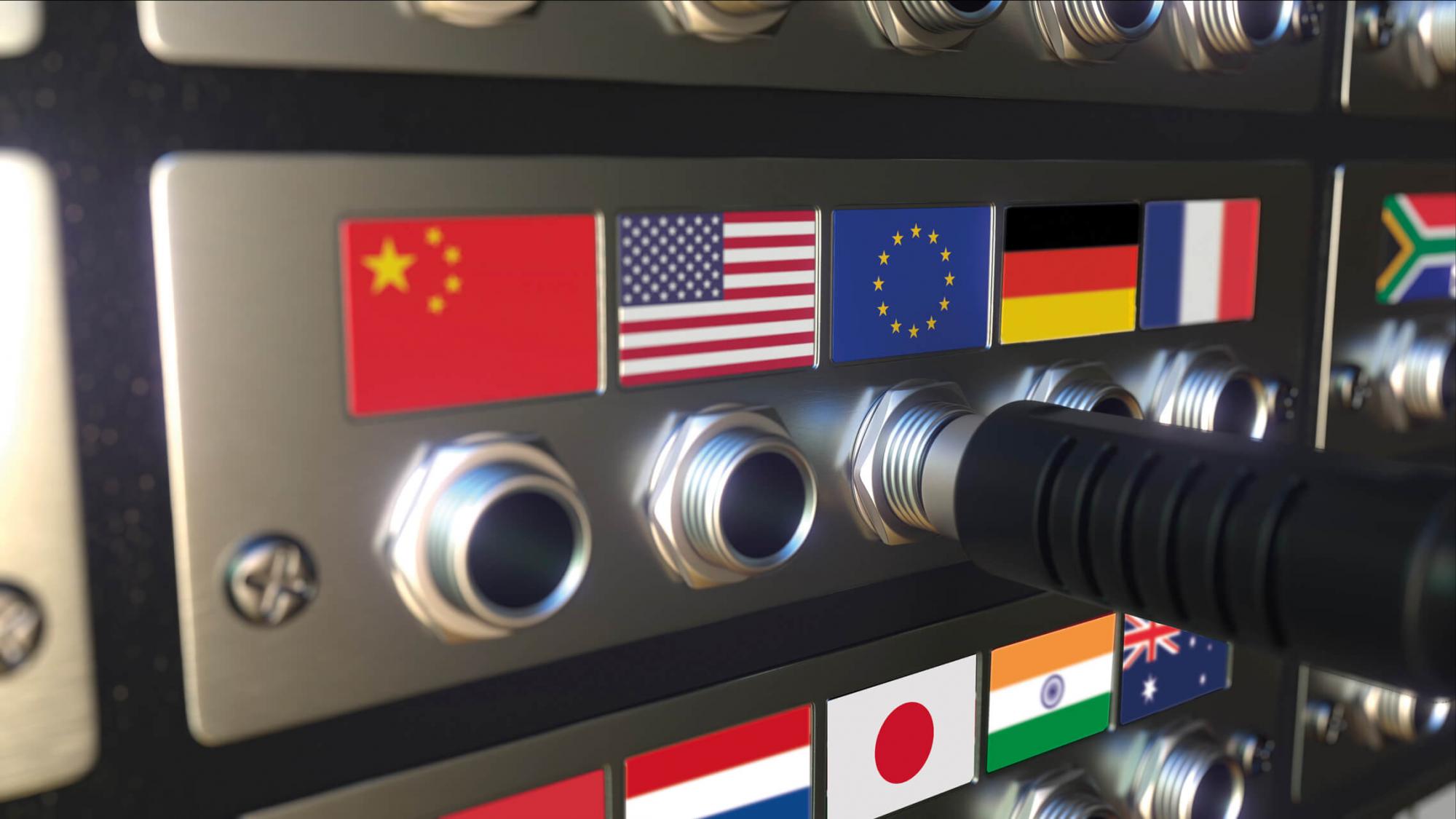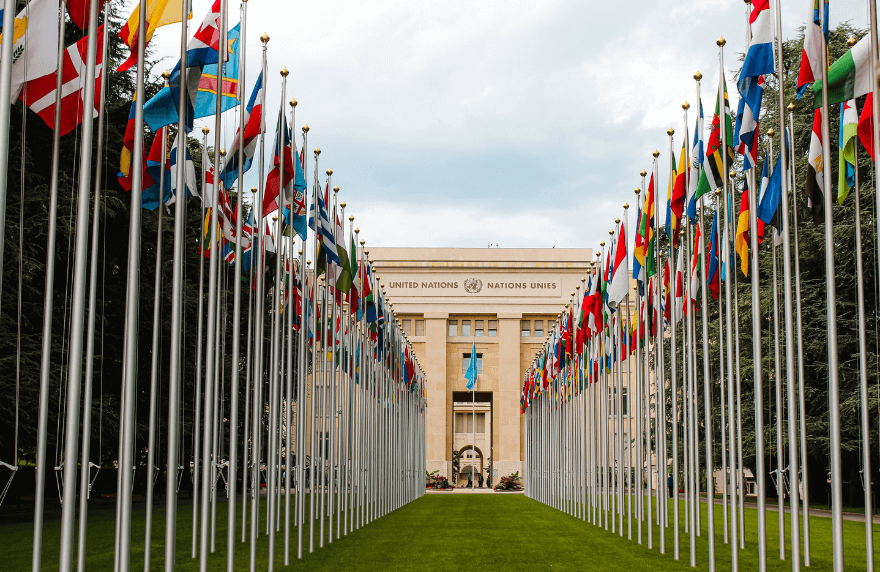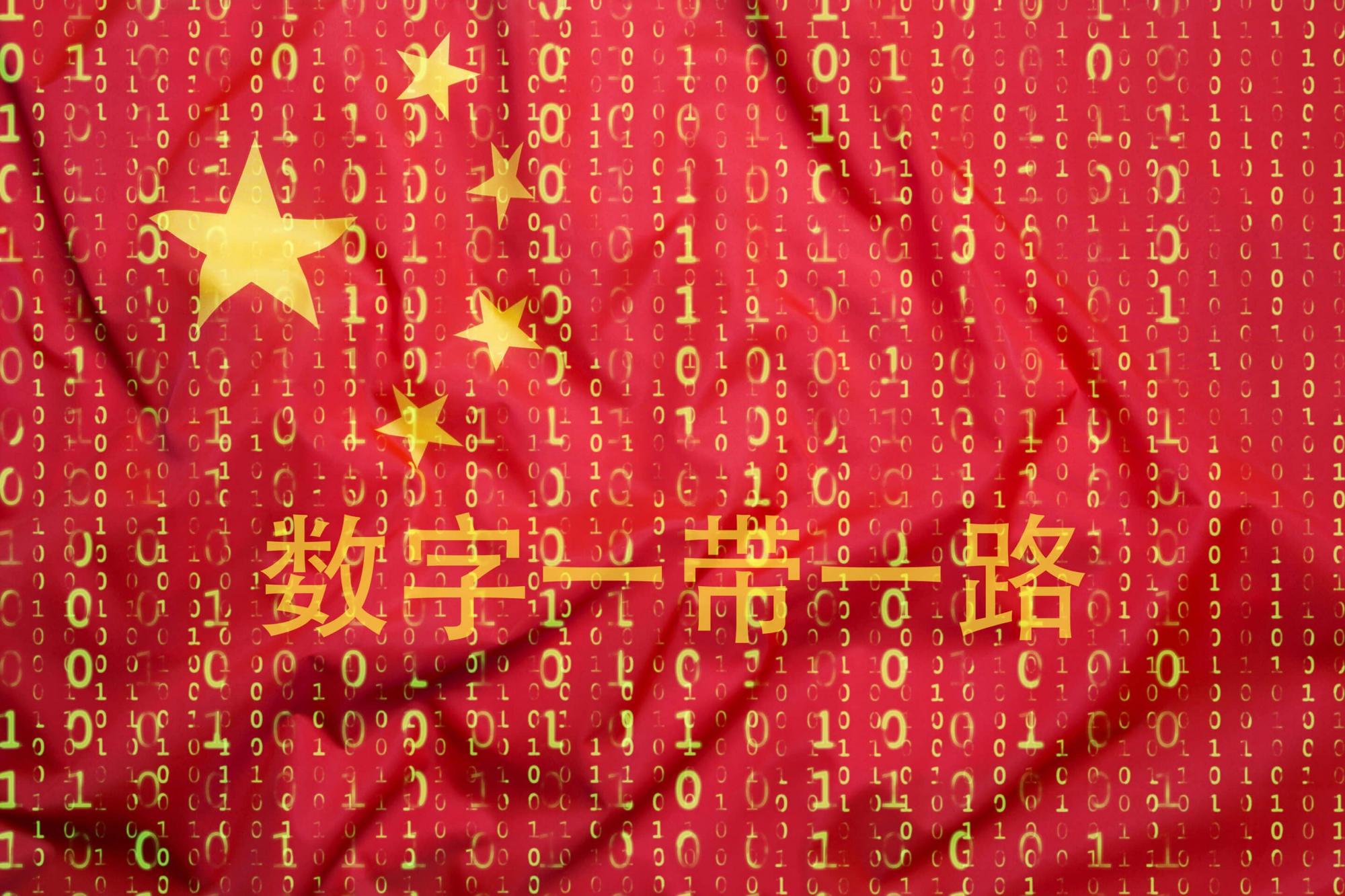A chance for Europe?
Geopolitical tensions are permeating the digital domain. During the 1990s, the emergence of the internet still involved optimism and high hopes for digital technology as a force for openness, connectedness and freedom for all. Yet contrary to these promises, a trend of centralization, is prevalent in the digital economy.
This trend of centralization, with the subsequent problems of gatekeeping, ecosystem lock-in, disproportional rent-seeking and monopolists that set market rules, is now also evident in the financial industry. Whereas smaller financial technology (fintech) companies, including many European firms, revolutionized the financial sector in the 2000s – disrupting traditional banks and their vested interests – we now witness a concentration of power and data in this sector, either in incumbent firms or within Big Tech companies.
In response, governments in China, the European Union (EU) and the United States (US) are devising regulations, while at the same time technology innovators are building a radically new infrastructure to underpin our financial sector: Decentralized Finance (DeFi). The geopolitical implications of this disruptive transformation of the financial sector – through both fintech and DeFi – require forward-looking government responses that protect and promote European interests in the long term.
This Clingendael Report first reflects on these trends of centralization in digital finance and decentralization in ‘traditional finance’. The paper examines the relationship between geopolitics and finance and looks at the position of the EU and its member states. The analysis considers the medium to longer-term implications in the following three domains:
- economic competitiveness and innovation;
- financial–economic and social stability; and
- inclusivity and equality.
Data governance, data protection and data portability between financial services are key concepts in each of these areas.
Building on these insights, the report argues for a push towards greater awareness among European policymakers on the potentials of DeFi to counter Big Tech’s rising influence in the European financial system with a decentralized, human-centred and value-based system. At the same time, the regulatory and security risks of DeFi – and the trend of decentralization in general – must be addressed.
The report also highlights the need to help people to develop digital skills and become responsible and resilient digital citizens, and calls for enhanced dialogues with officials and technology company executives in like-minded countries on current developments. New approaches, such as multi-stakeholder consultations and increased rapprochement with the open-source and crypto-communities, are needed to facilitate knowledge exchange and best practices that will improve (regulatory) responses.
Authors
Maaike Okano Heijmans, Senior Research Fellow at the Clingendael Institute
Brigitte Dekker, Junior Researcher at the Clingendael Institute



